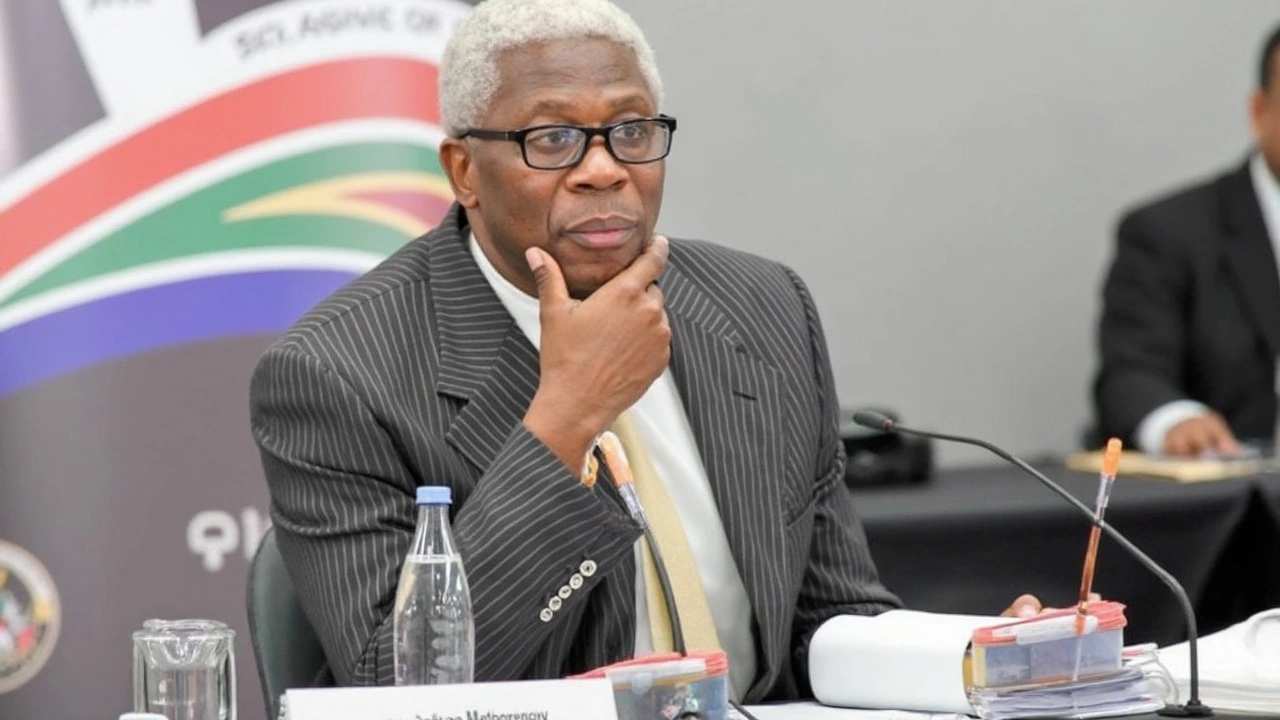Understanding the Judicial Conduct Tribunal
Ever wondered who keeps judges in check? That’s exactly what the Judicial Conduct Tribunal does. This body exists to review complaints about judges and make sure they stick to the rules. If a judge crosses a line, this tribunal steps in to investigate and take action.
The idea is simple: judges must be fair and ethical. When concerns arise—like bias, misconduct, or breaking the law—the Judicial Conduct Tribunal looks into it closely. Their job is to protect the public’s trust in the justice system.
How Does the Tribunal Work?
The process usually starts when someone files a complaint. It could come from a lawyer, a litigant, or even another judge. The tribunal then assesses if the complaint is serious enough to investigate. If it is, they gather evidence, hold hearings, and listen to all sides.
At the end of their review, the tribunal can recommend various outcomes. This might be a warning, a suspension, or even removal from the bench in extreme cases. All decisions focus on keeping the justice system honest and reliable.
Why Should You Care?
We all count on judges to make fair calls. Knowing there’s a watchdog watching judges adds a layer of protection for everyone involved in the legal system. It keeps judges honest and reassures the public that mistakes or misconduct won’t be swept under the rug.
In countries across Africa and worldwide, Judicial Conduct Tribunals play a key role in maintaining strong judicial systems. Next time you hear about a controversial court decision, remember there are mechanisms working behind the scenes to uphold justice.

Judge Mbenenge Defends Himself in Sexual Harassment Tribunal, Claims Encounters Were Consensual
Eastern Cape High Court Judge President Selby Mbenenge stands his ground in a high-profile sexual harassment tribunal, arguing that his interactions with secretary Andiswa Mengo were consensual. He insists legal standards, not moral judgments, should guide the tribunal’s decision. The outcome could determine his future on the bench.
